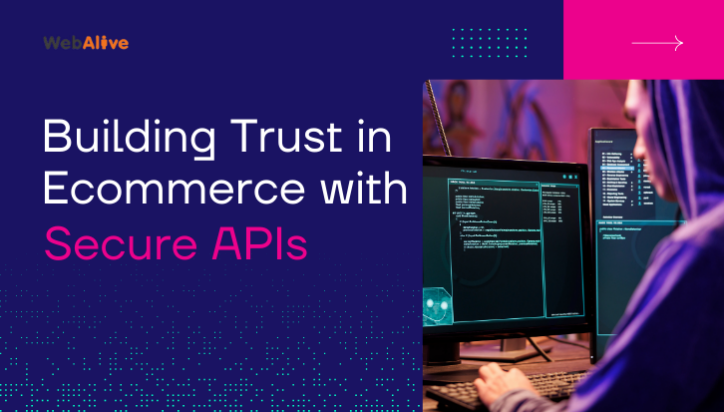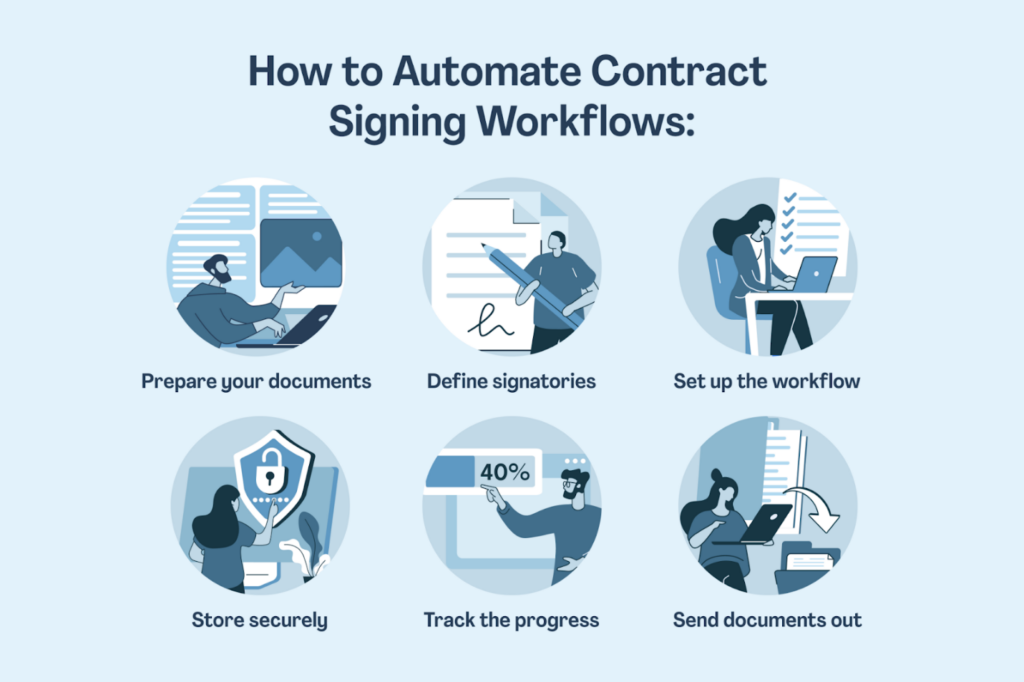
How to Building Trust in Ecommerce with Secure APIs
That is the beauty of ecommerce; everything is convenient. But alongside the ease of online shopping lies a big question every customer asks themselves: Can I trust this website? It ranges from entering your details to paying for a product or service, tracking your order, or delivering your order; trust is the factor that defines the success or failure of online shopping.
Customers are sensible, and they have all the reasons to be so. Tales of theft of credit card numbers, or more generally, personal and private data, are enough to make even the most loyal and trusting customer pause before clicking on the Buy Now button. To enterprises, gaining and maintaining the trust of customers is a problem that they cannot afford to solve. Who is one of the great unheralded players in this war? Secure APIs.
APIs, abbreviated as Application Programming Interfaces, are the technology that facilitates cross-system integration, thus allowing the systems to pass information to each other. For ecommerce, secure APIs are critical-they enable businesses to offer seamless, safe, and reliable customer experiences.
Why does trust matter so much in ecommerce?
Suppose you’re shopping for the first time at an online store you’ve just come across. It’s click, click, click: you’re entering the site, and everything seems fine, but when you get to the cash register, the website’s checkout page is clumsy. Perhaps it does not look safe, or there are many steps to complete when paying for a product. Of course, you would probably leave your cart and go shopping somewhere else.
This scenario isn’t uncommon. You only have to remember that in ecommerce, trust is a vital element of any type of relationship. If not, then the customer does not only churn but will also warn others to not do business with the company. That is why even such trite things as a reliable payment option or transparent information about orders can play the role of a megaphone.
As we have seen, major platforms such as Amazon have been cultivating customer trust for over twenty years; most small buyers of ecommerce have no such luxury. The good news? The APIs can present an opportunity to make the ground level since they come with secure options. Despite this, the current generation, even a new business, is capable of offering safe experiences to make people have confidence.
What are secure APIs, and how do they work?
Protected APIs are at the center of many online procedures as they guarantee the safety and reliability of data exchange. These are what make it easy for systems to communicate with other systems without necessarily sharing valuable information.
For example, when a customer pays for an order using their credit card, an API takes the information and applies encryption, hence protecting it from unauthorised access. Likewise, a shipping API guarantees customers receive updates on their order status without exposing them to other people.
Here’s how secure APIs keep everything running smoothly:
- Encryption: Data is scrambled so it can only be read by authorised parties, making it useless to hackers.
- Authentication: Multi-factor authentication (MFA) or token-based verification adds extra layers of security.
- Monitoring: Real-time tracking of API activity helps spot and stop suspicious behaviour before it becomes a problem.
These features do not only shield businesses but also reassure customers that the latter’s safety is a top priority.
Real-life examples of APIs in action
Scholars have found that secure APIs are not limited to technology giants. They’re tools that even the smallest and most inconsequential businesses can employ to build better, more credible experiences.
Let’s look at a few real-world examples:
1. Making payments hassle-free
It is something that nobody enjoys when using an application—having an interrupted checkout process. The payment APIs, such as Stripe or PayPal, guarantee that every transaction made is both fast and secure. It also makes life easier for the sellers and shoppers and assists businesses in meeting compliance requirements such as PCI DSS.
2. Automating contract workflows
For ecommerce businesses dealing with large orders or partnerships, handling contracts can be a tedious process. That’s where tools like eSIGN APIs come in. These APIs let businesses send, sign, and securely store documents online. Whether it’s vendor agreements or customer contracts, automation saves time and keeps everything organised.

3. Building transparency with order tracking
Order tracking APIs also enable the customer to monitor the shipping of their consignments in real-time from the point of origin to the doorstep. Such transparency fosters trust, especially in first-time consumers of the products produced by these companies.
4. Preventing fraud
Identity verification APIs are important in combating fraud in ecommerce business. They ensure that only genuine customers can patronise various products or services that help solve various risks for businesses and give shoppers a sense of security.
Why security is non-negotiable
There’s no shortcut when it comes to security. A single data breach can cost a business more than money—it can destroy customer trust. Secure APIs help ecommerce platforms avoid this nightmare by safeguarding sensitive information and ensuring compliance with privacy regulations.
For instance:
- Encryption keeps data safe, whether it’s being transferred or stored.
- Authentication ensures that only verified users can access certain systems.
- Audit Trails provide a record of every action, making it easier to spot issues or resolve disputes.
Investing in secure APIs doesn’t just protect businesses from cyberattacks. It also sends a powerful message to customers: Your trust is important to us, and we take it seriously.
Building Long-term customer loyalty
People do not establish trust in a single meeting – they gain it session by session. As businesses operate in the new normal of a post-9-11 world, they are provided with the proper APIs to develop seamless experiences that repeat loyalty is built upon.
Think about it: When did you last revisit an online store that you doubted, or when was the last time you had a checkout that was not easy? Probably never. However, if a store simplifies the process, protects your information, and informs you at each stage, you will return to the store and even share it with your friends.
APIs are not only about the technology interface. That’s why they are about building the basis of the trusting relationship, brand loyalty, and business development. And in a world where the customer has so many choices, that foundation is more important than it has ever been before.
Final thoughts
Ecommerce is no longer just about selling; it is about developing a bond. But, of course, for any partnership, trust is the necessary basis. Secure APIs assist companies in developing the type of experiences that are trust-based—seamless payment, open dialogues, and, of course, rock-solid security.
From automating document signing with eSIGN APIs to enabling secure payment solutions and real-time monitoring, APIs provide the necessary solutions for business success in today’s volatile economy. So, if you want to remain competitive and maintain the leadership, protecting your APIs is not just wise but obligatory.
So, what are you waiting for? Security and reliability should be your priority in order to start building with your customers basic trust. The essentials of APIs will help you make first-time buyers into loyal patrons.
You read a lot. We like that
Want to take your online business to the next level? Get the tips and insights that matter.

